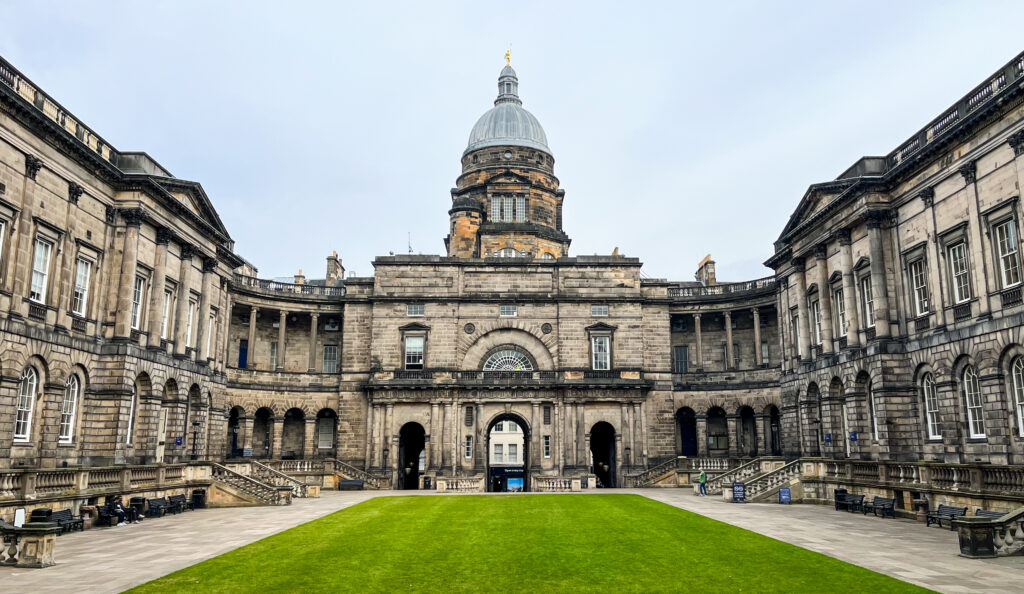Both Houses of the New Hampshire General Court, the state’s legislature, have tabled bills that would have spiked the state’s Education Tax Credit (ETC) program.
The ETC allows businesses to take a credit against their state taxes for donations to a fund that provides scholarships to private schools for low-income students.
“Since its inception in 2013, the ETC program has benefited 877 low-income students,” said Michelle Levell, director of School Choice for New Hampshire., a nonprofit that advocates for school choice. “These are children who face lower academic outcomes, lower graduation rates, greater risks for being held back a grade level, and other challenges that can last a lifetime. They are most in need of support if they are to have hope for a brighter future, the kind that their wealthy peers can already access.”
Students who participate in the ETC program and benefit from the education option would be damaged by repeal, says Lennie Jarratt, project manager for the Center for Transforming Education at The Heartland Institute, which publishes Budget & Tax News.
“Ending this program will force many students back into schools that were failing them academically, physically, and emotionally,” Jarratt said. “This does nothing but harm students instead of helping them.”
Consideration Postponed
H.B. 632 would have ended the ETC program. The New Hampshire House of Representatives tabled the Democrat-sponsored bill on March 19, in a lopsided 332-19 vote that likely stops the bill for this session, though supporters could try to attach it to some other measure.
The New Hampshire Senate considered a bill that would have lowered the cap on ETCs to $3 million, cutting the number of children that can receive ETC funds from 2,400 to 1,400. That bill, S.B. 318, was tabled on March 28.
Democrats have majorities in both legislative houses, having flipped party control from Republicans in the November 6, 2018 election.
New Hampshire Gov. Chris Sununu supports school choice and could have vetoed either bill.
Partisan Opposition to Choice
There is little support for ETCs among Democrats because they receive strong support from anti-school-choice groups, says Levell.
“Public school lobbying organizations are influential in New Hampshire, and we do not have enough people that vote for Democrats in elections that are also school-choice supporters,” said Levell.
“This combination makes school choice more of a Republican issue in our state,” said Levell. “It’s a shame because if we focus on children instead of buildings, it should be a bipartisan issue like it is in many other states.”
‘Right Fit for Every Child’
New Hampshire Republican legislators are divided on school choice. A bill supported by Sununu to establish an education savings account program was defeated in the Republican-controlled state House in 2018. Some Republicans voted against tabling S.B. 318 in the Senate on March 28 because they wanted to defeat the bill outright.
Supporters of government schools are mistaken in seeing ETCs as a threat, says Levell.
“New Hampshire has organizations and politicians who see school choice as pitting public school against other educational opportunities instead of being an array of options for children,” said Levell.
“Local district schools may be a great fit for most children, but even a great school cannot be the right fit for every child,” said Levell.
Donations Fuel Choice Opposition
Some politicians oppose school choice and scholarship programs because they receive donations from groups on that side of the issue, says Jarratt.
“Legislators that oppose education tax credits do so because their campaigns are financially supported by the teachers’ unions,” said Jarratt. “Another reason [for their opposition] is many have family members who are teachers. These two main reasons, along with the repeated misinformation they are provided, make it easy for them to oppose choice and scholarships.”
‘Pander to the Teachers Unions’
Politicians are responding to the power of organized public education labor groups, says Timothy Benson, a policy analyst at The Heartland Institute.
“Opposition to the program is a pander to the teachers unions, who are some of the largest, and highest-spending, public-interest groups in the country,” Benson said.
In addition, some choice opponents are highly concerned about separation of church and state, says Benson.
“To be fair, their motives aren’t entirely formed from supplication and cravenness, as they do have some true, ideological abhorrence of any public monies falling into the hands of any religious organization,” said Benson.
“As silly and irrational as that position may be, it at least comes out of true principle,” said Benson. “It’s just fortunate for them that that principle aligns with their patrons’ desire to maintain monopoly control over the nation’s schoolchildren.”
Calls for Equal Opportunity
New Hampshire’s ETC program has faced other repeal efforts and court challenges over the years.
“This is not the first time the program has been at risk,” said Levell. “However, each time we successfully fought off the attack and won.”
These repeal efforts ignore the effect on the recipients of the scholarships.
“Repeal would be a terrible blow for the families currently participating in the program, as well as those hoping to do so,” said Benson.
“The goal of public education should be to enable all parents, no matter their income level, to choose which schools their children attend,” said Benson. “Rich parents already effectively have the right and the means to do this. Why not allow low-income parents the same opportunity?”
Ashley Herzog ([email protected]) writes from Avon Lake, Ohio.




